The great current epidemic: Addiction to technologies, “Hikikomori syndrome”
Downloads
Published
How to Cite
Issue
Section
DOI:
https://doi.org/10.31766/revpsij.v33n1a4Keywords:
hikikomori, addiction, technologies, adolescentAbstract
Hikikomori syndrome is defined as a person who remains isolated for more than six months without presenting any type of psychotic symptoms, in which he does not engage in any kind of interpersonal relationship, nor leaves his room, taking usually refuge in a virtual world, surrounded by video games and the Internet.
It is described a case of a 15-year-old boy presenting truancy and social isolation at his home in two years of evolution; and subsequently, it is made a review on this syndrome and addiction to technology.
Downloads
References
2. Saito Tamaki. Adolescence without end. Published March 20th 2013 by University of Minnesota Press.
3. Malagón-Amor Á, Córcoles-Martínez D, Martín-López LM, Pérez-Solà V. Hikikomori in Spain: A descriptive study. Int J Soc Psychiatry 2015; 61: 475-83. doi: 10.1177/0020764014553003.
4. Morrison CM, Gore H. The relationship between excessive internet use and depression: a questionnaire-based study of 1319 young people and adults. Psychopathology 2010; 43: 121–126. doi: 10.1159/000277001.









 © 2021 AEPNyA Todos los derechos reservados
© 2021 AEPNyA Todos los derechos reservados
